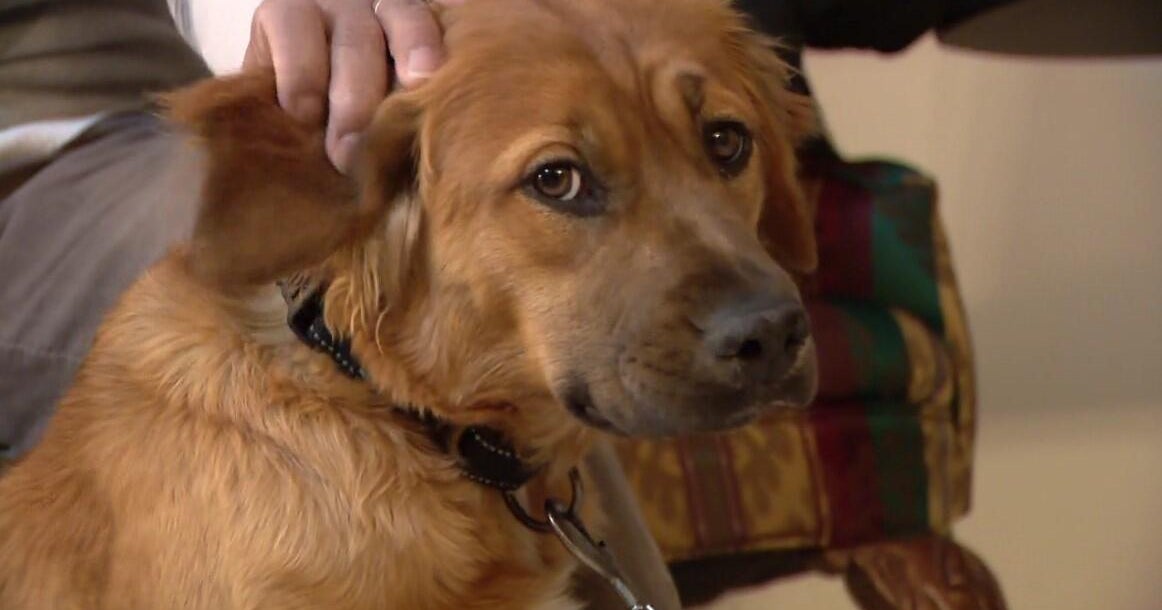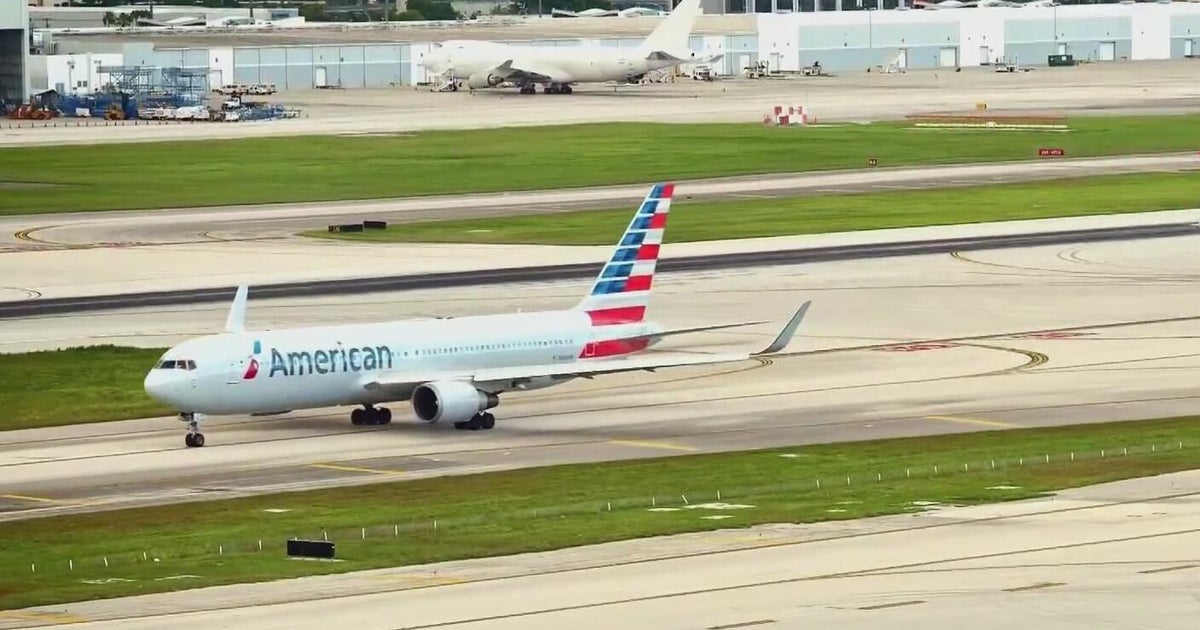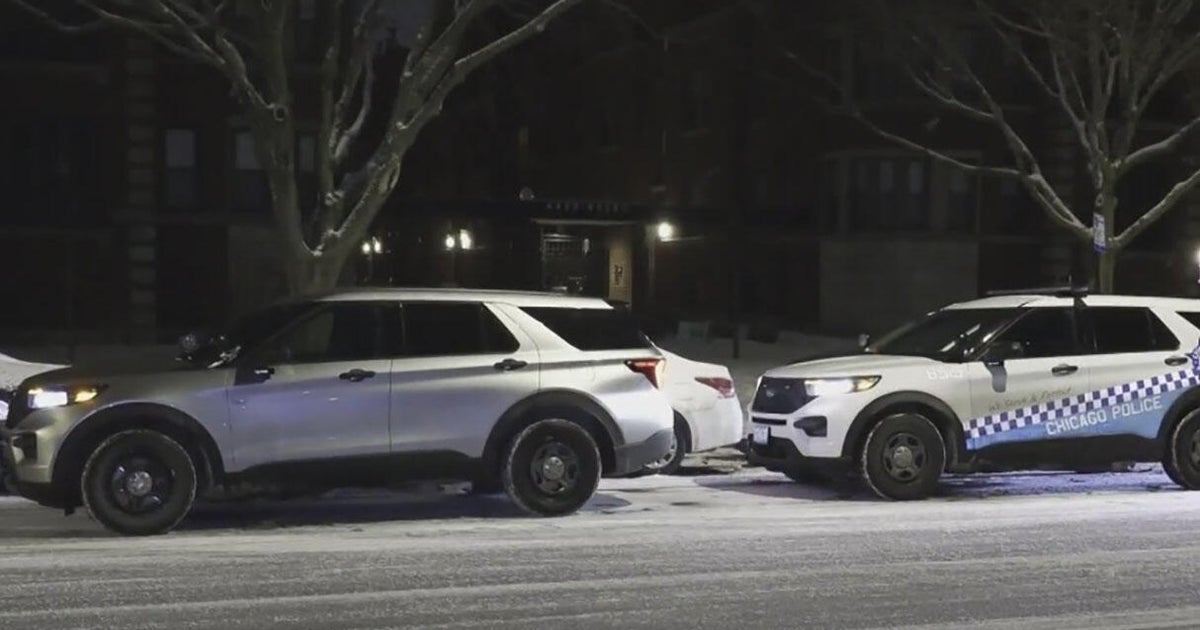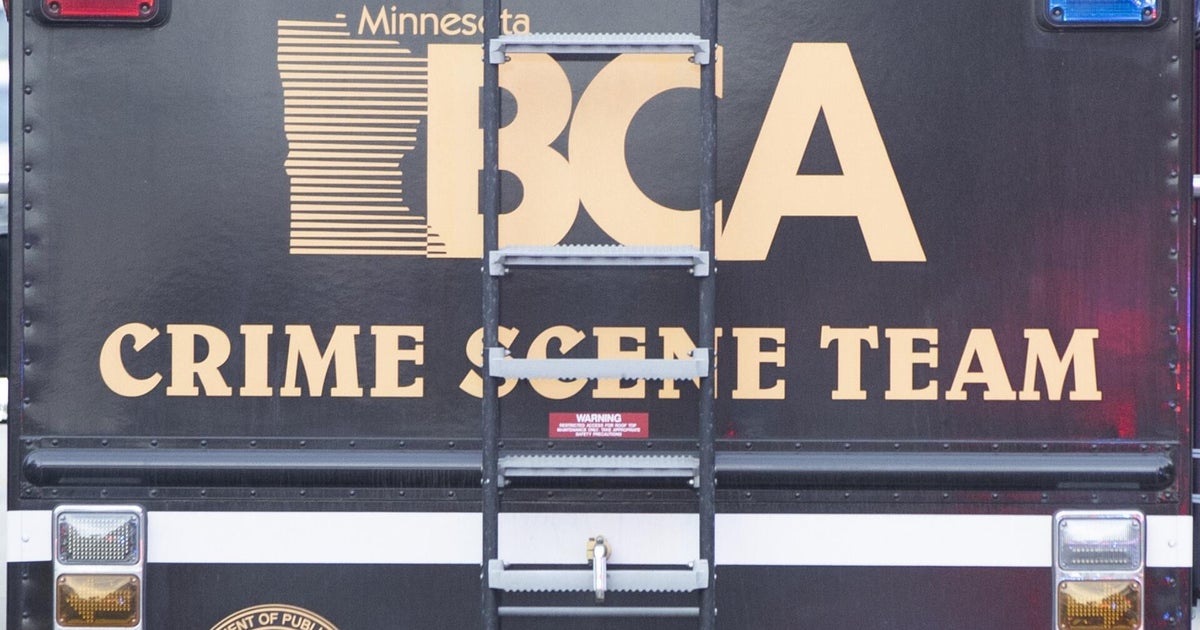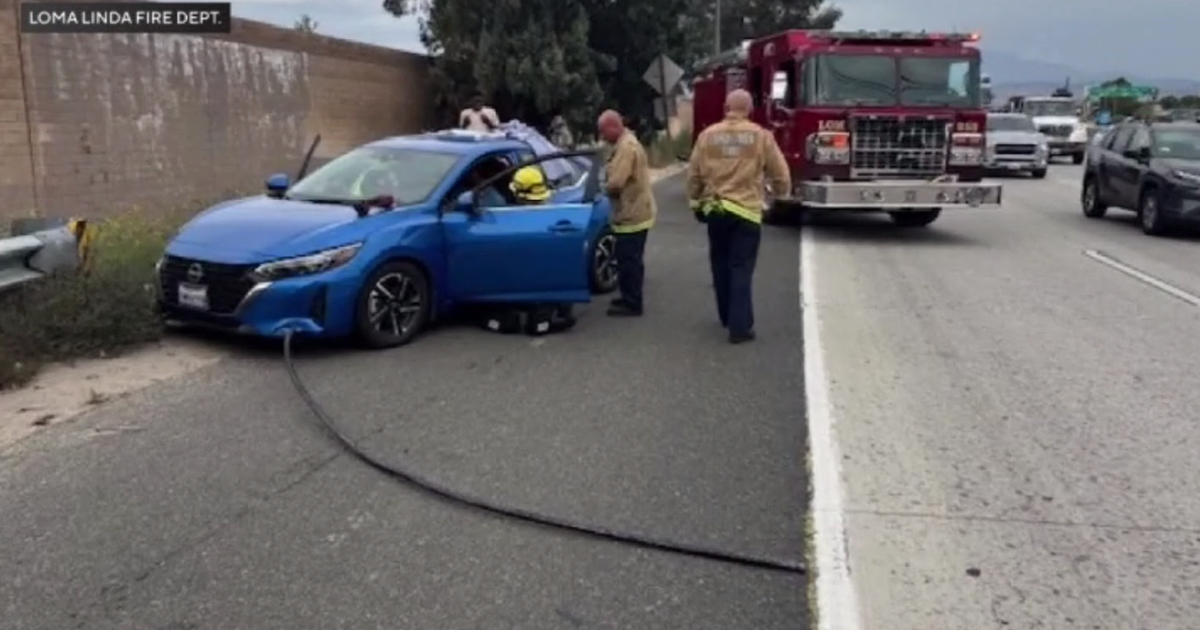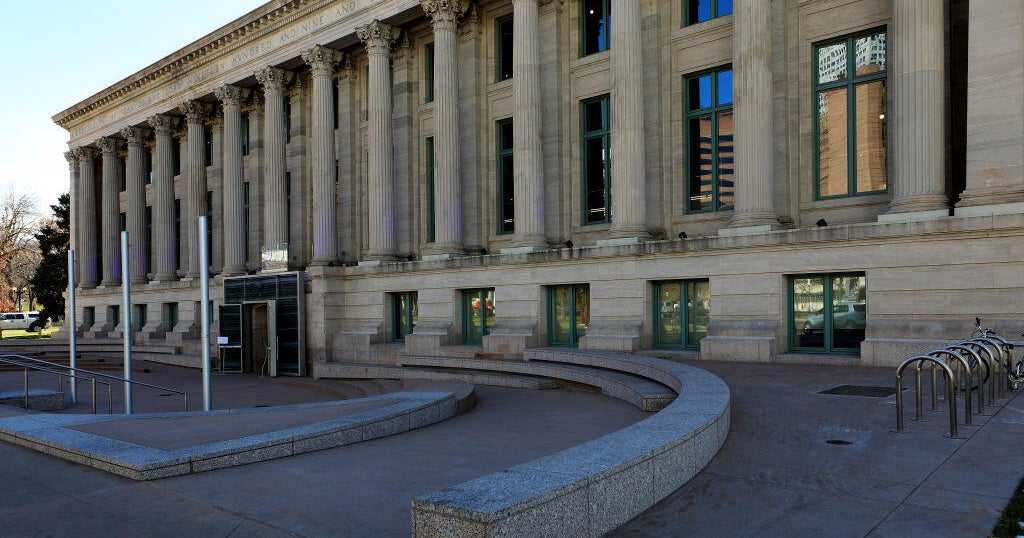Sleep Expert: New Pilot Sleep Rules Insufficient
CHICAGO (CBS) -- A Chicago sleep researcher says new federal rules requiring more sleep for airline pilots are a definitely improvement, but are still inadequate.
The new rules allow pilots to fly a maximum of 9 to 14 hours, depending on the time zones crossed, and require a minimum 10-hour rest period between flight duty shifts.
James Wyatt, director of sleep research at Rush University Medical Center, says the new sleep rules are sorely needed and could have been implemented within six months, instead of waiting the two years the FAA has given airlines before requiring compliance.
LISTEN: WBBM Newsradio's John Cody reports
Podcast
"They are significantly better than they were, but there's a lot of gaps," Wyatt said.
READ: Feds Extend Pilots' Rest Time To Avoid Fatigue
Wyatt says pilots need sleep protection, because they face tremendous threats to alertness every day they're on the job.
"When a lot of us get sleepy in the middle of the afternoon, we can get up and take a walk. You can't do that if you're a pilot, you're confined to the flight deck," Wyatt said. "They suffer from essentially continual jet lag that would make most of us tear our hair out and a lot of them may have shift schedules that are not optimized for them to be able to get a good night's sleep."
But Wyatt says there's no justification for excluding cargo pilots from the sleep rules, because a cargo jet crash in a crowded area could cause as many fatalities as a passenger crash in a crowded area.
The new rules were spurred the February 2009 crash of a regional jet, killing 50 people. The National Transportation Safety Board concluded that the two pilots' performance was likely impaired by fatigue in that crash.
The Federal Aviation Administration estimates increased staffing to meet the new rules will cost the industry about $30 million a year.
But Dr. Wyatt says the new rules should save money in the long run, by preventing catastrophic crashes as well as costly wing tip touches by tired pilots at busy airports.
